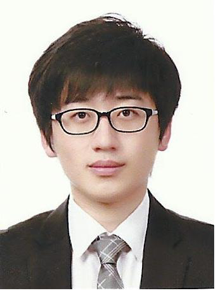|
Wednesday Nov 25, 1pm-2pm, [Meeting Link]
Data-Driven Approach using Machine Learning for Real-Time Flight Path OptimizationJunghyun Kim
Advisor: Prof. Dimitri Marvis
|
 |
ABSTRACT
As long-term forecasts for aviation indicate significant growth after COVID-19 pandemic, many airlines may soon be facing expensive flight delays. Since delays are primarily caused by weather, airlines typically gather weather information before departure to generate flight routes that avoid hazardous weather while minimizing operating expenditures. However, airlines may have to perform in-flight re-planning when weather conditions significantly change after departure. The advent of new communication technology brings more information to the cockpit but has the potential to increase flight crew workload, which may adversely impact safety. Another potential issue is that most weather forecasts used for current in-flight re-planning systems may not always be accessible in real-time. This research attempts to resolve the issues by developing an automated framework that leverages various machine learning techniques. Specifically, this research uses a supervised learning algorithm to yield a continuous wind prediction model, uses an unsupervised learning algorithm to forecast convective activity, and combines an instance-based learning algorithm with the A* algorithm to optimize flight routes. Statistical analyses are performed using 43 real flights to prove the potential benefits and applicability. The results indicate that the framework generates flight routes that reduce flight time by up to two percent in most cases.
BIO
Junghyun Kim is a Ph.D. candidate in the School of Computational Science and Engineering (Home unit: Aerospace Engineering) at Georgia Institute of Technology and a graduate assistant at Aerospace Systems Design Laboratory (ASDL), advised by Prof. Dimitri Mavris. His research focuses on integrating three different areas of specialization (i.e., machine learning, optimization, and advanced design methods) and utilizing them to solve real-world problems in various engineering fields. Prior to joining ASDL, he worked at Korea Aerospace Research Institute in South Korea. He received his M.S. in Aerospace Engineering from Seoul National University and B.S. in Aerospace Engineering from Sejong University. He has been sponsored by the Korean government for studying abroad since Fall 2015.
